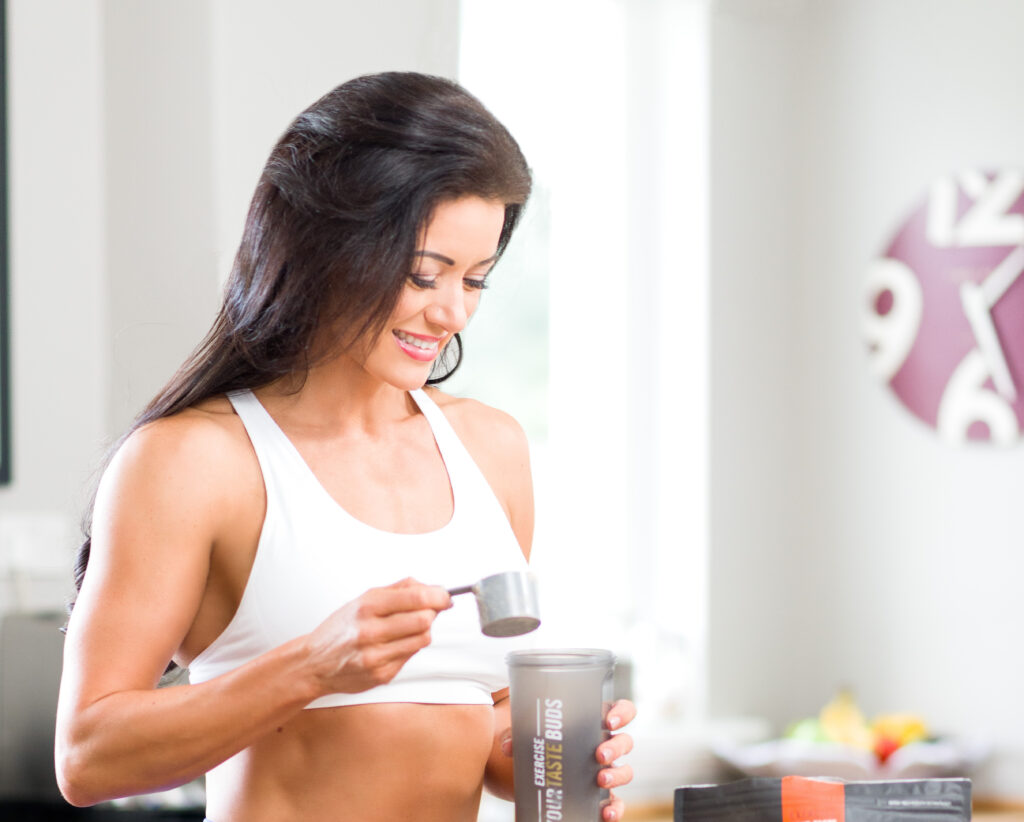Hailed as one of the most in-depth human nutrition studies ever, Dr. T. Colin Campbell’s renowned China Study, verified the health benefits of a whole food, green diet or plant-based diet.
Proponents of the study emphasize its sheer scope—a meta-study that looked at 65 counties across China—as proof of its value. Rarely has a researcher been able to access such a wide variety of test cases.
Critically, scientists from Cornell, Oxford and the Chinese Government found a strong link between the ingestion of animal proteins and the incidence of disease. They concluded that animal proteins act differently within the human body. With their ‘high biological value’, they are known to cause a rapid increase in cell growth, which is useful if you want to grow muscle tissue but unhelpful if you want to perturb cancerous cells.
Plant protein, however, does not encourage the growth of dangerous cells and is linked to a lower incidence of all types of disease, especially chronic diseases.
The decision to switch to a vegan diet
As a young, health-conscious bodybuilder, Kim Constable—now known as the Sculpted Vegan—immediately recognized the extensive benefits of moving to a plant-based diet. The China Project was the catalyst for a major turning point in her life. She has since built a career as a champion physique athlete and celebrity trainer, whilst being an ardent advocate of veganism.
As she began to educate herself, she discovered that plants were also loaded with a cocktail of other nutrients, vitamins, and minerals—more so than animal products—which have a dramatic influence on the body. Increased blood flow, lower inflammation, decreased muscle soreness, and faster recovery (something that appeals to all athletes) were all proven advantages of the vegan lifestyle.
Constable says: ‘When you train at a high level, you become attuned to your body; you know how you feel and what you’re capable of. The slightest change in your diet can have a marked effect on your performance. After abandoning unhealthy eating and adopting a balanced vegan diet, many immediately notice their reps going up and recovery time coming down.”
The key to ‘shredding’ fat
Bodybuilders are also famed for their ability to shed fat, especially during competitions when low levels reveal hard-earned muscle. Animal products are known to be more calorie-dense, which can make the fat loss process much harder. If your food source is packed with calories, you can’t consume as much. This leads to a problem with satiation (feeling full). With a plant-based diet, adherents report being able to eat more and feeling satisfied for longer.
“When I design my shred programs,” Constable explains, “we focus on gradually lowering carbohydrates. The only way to shred efficiently on a vegan diet is to use a protein powder. This is to ensure you’re meeting your protein needs, while in a calorie deficit. I use The Protein Works vegan protein powder because it’s very low in carbohydrates and calories, and you get more protein per serving. Find a protein powder that has the fewest calories per serving, so your shredding process is simplified and you can stay fuller longer without going overboard on the calories. TPW helps me do this almost effortlessly.”
Quality protein, packed with micronutrients
As an athlete, or a dedicated ‘weekend warrior’, adequate protein is critical for performance and aesthetics, whether you’re vegan or not. The more muscle damage you incur due to resistance training, or high impact activities, the more your muscle fibers need to repair. The constant cycle of damage and repair is what leads to muscle growth.
Even meat-eaters can struggle to get the correct amount of protein into their meals. For vegans, this issue is compounded—they can’t just pick up a steak or a chicken breast. Although meat sources might be more readily available, that does not mean they are superior.
Constable explains: ‘People don’t realize plants contain vast amounts of protein, and building muscle on a vegan or green diet can be just as simple, if you know how. There’s an added bonus. With a balanced vegan diet— a variety of foods, all the colors of the rainbow, and fresh as possible—you’re going to ingest lots more fiber and vitamin C than you would on a traditional diet. Fiber is linked to better intestinal health and Vitamin C is a powerful antioxidant that fights infection. Whilst animal products may contain more protein (gram for gram), they are highly deficient in many critical nutrients. That’s what gives vegan athletes the edge.”










